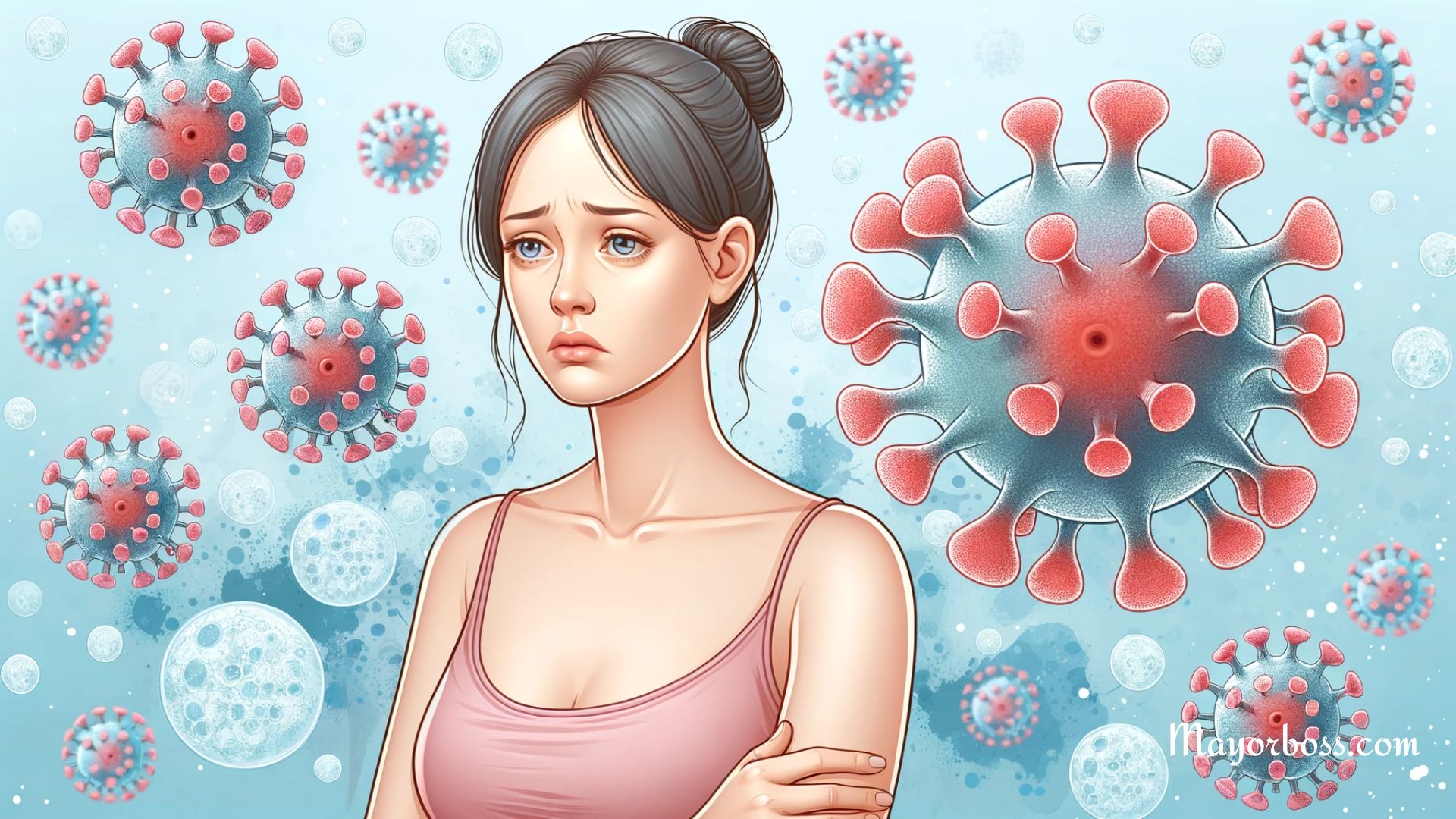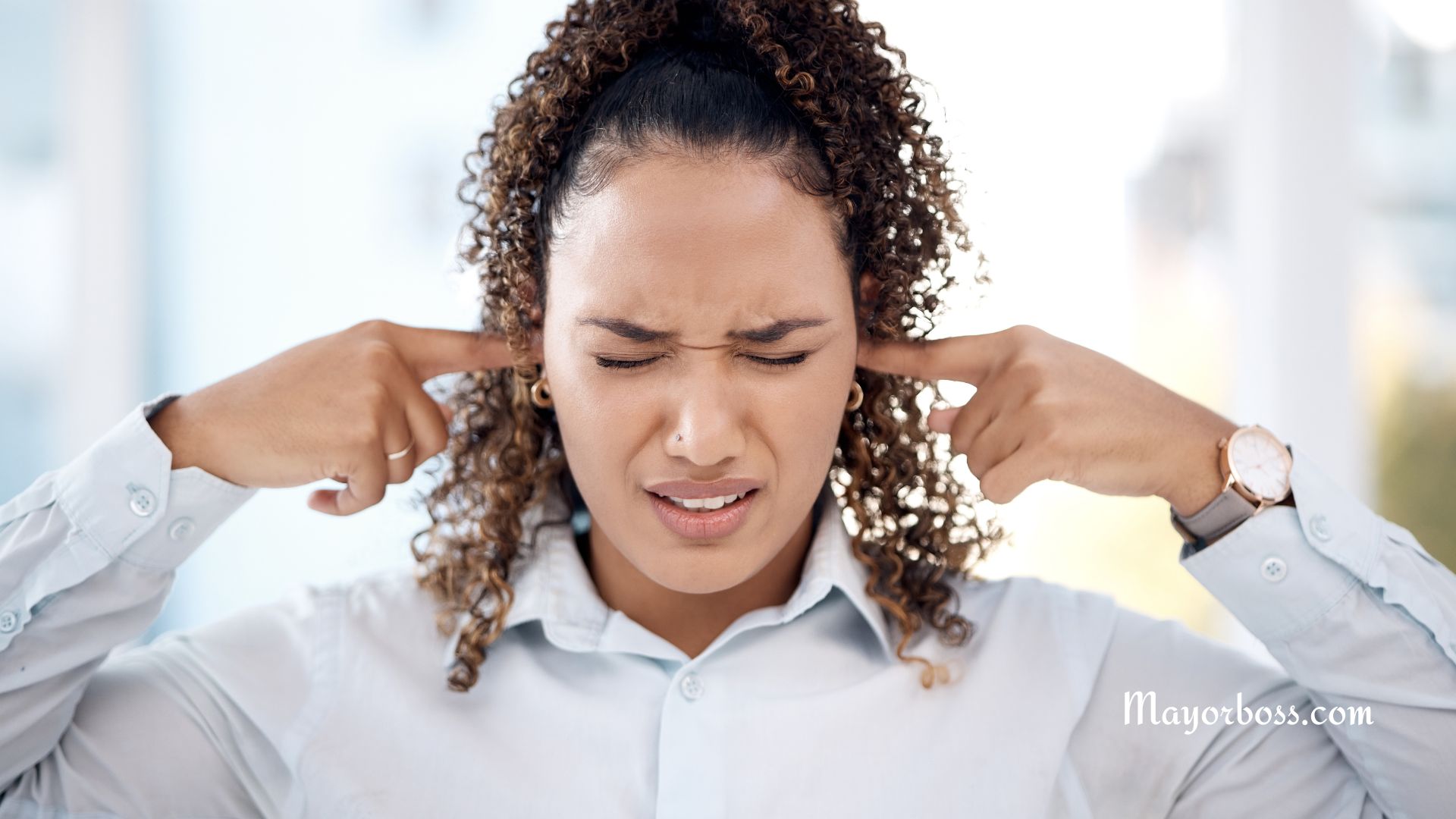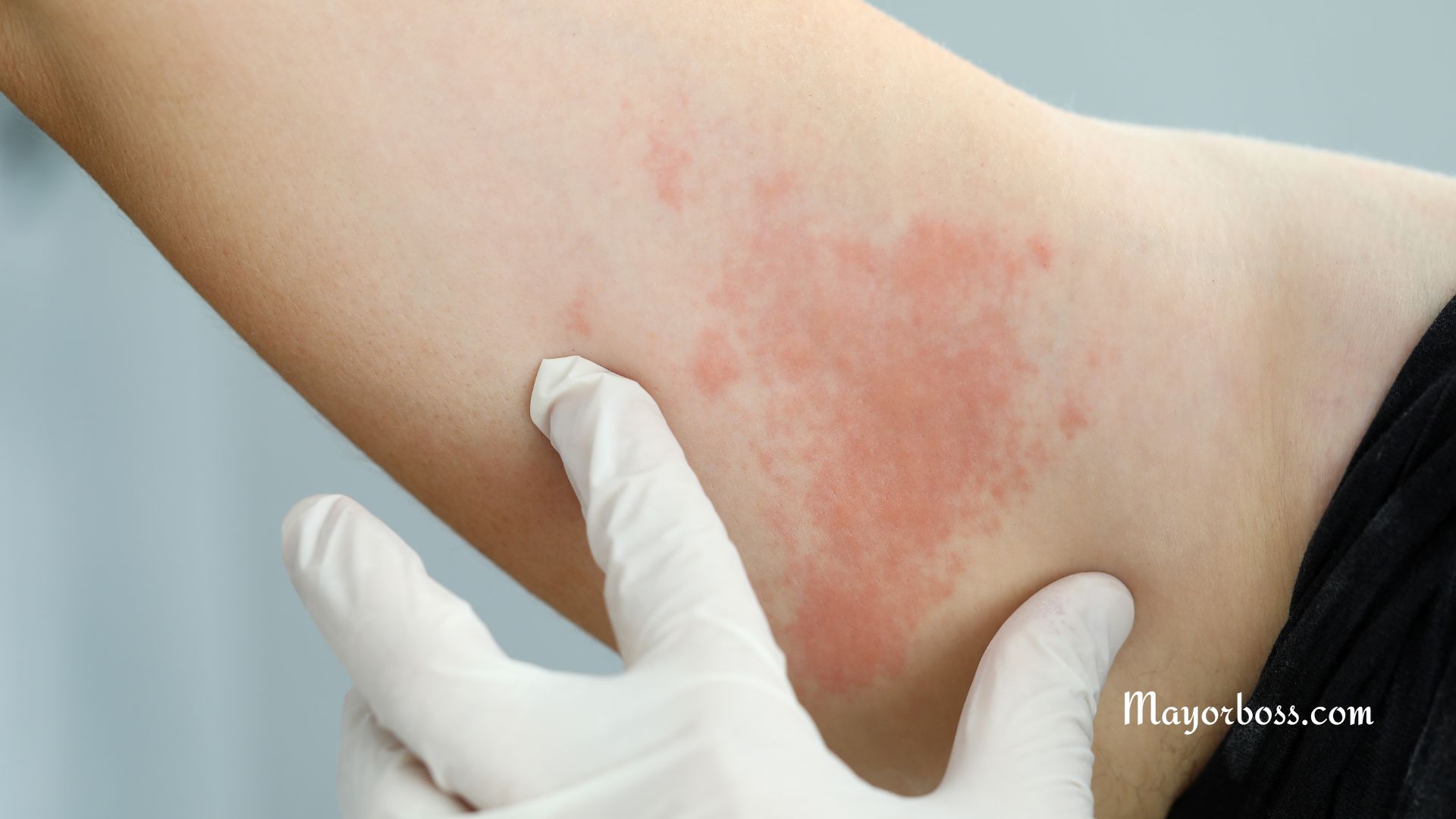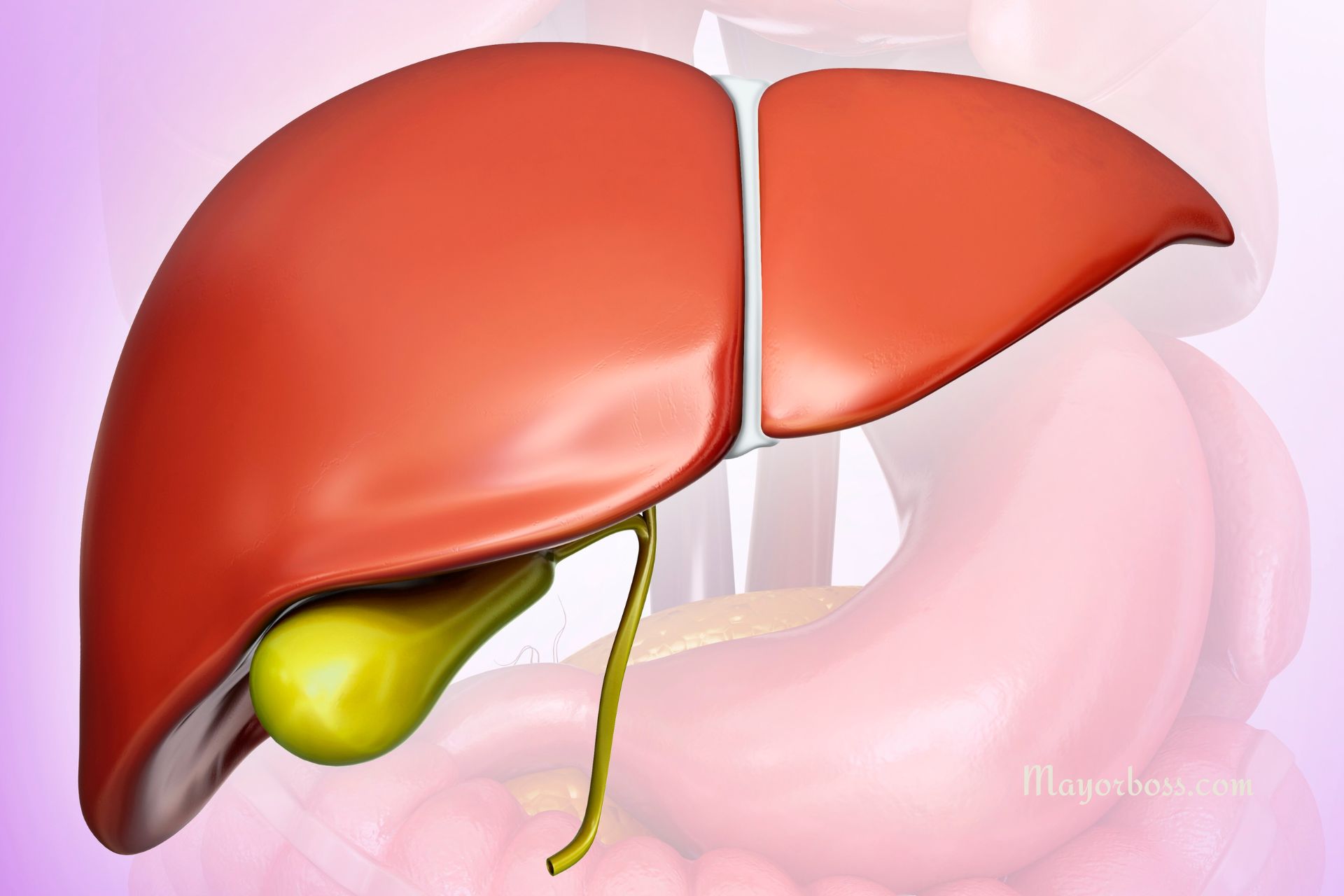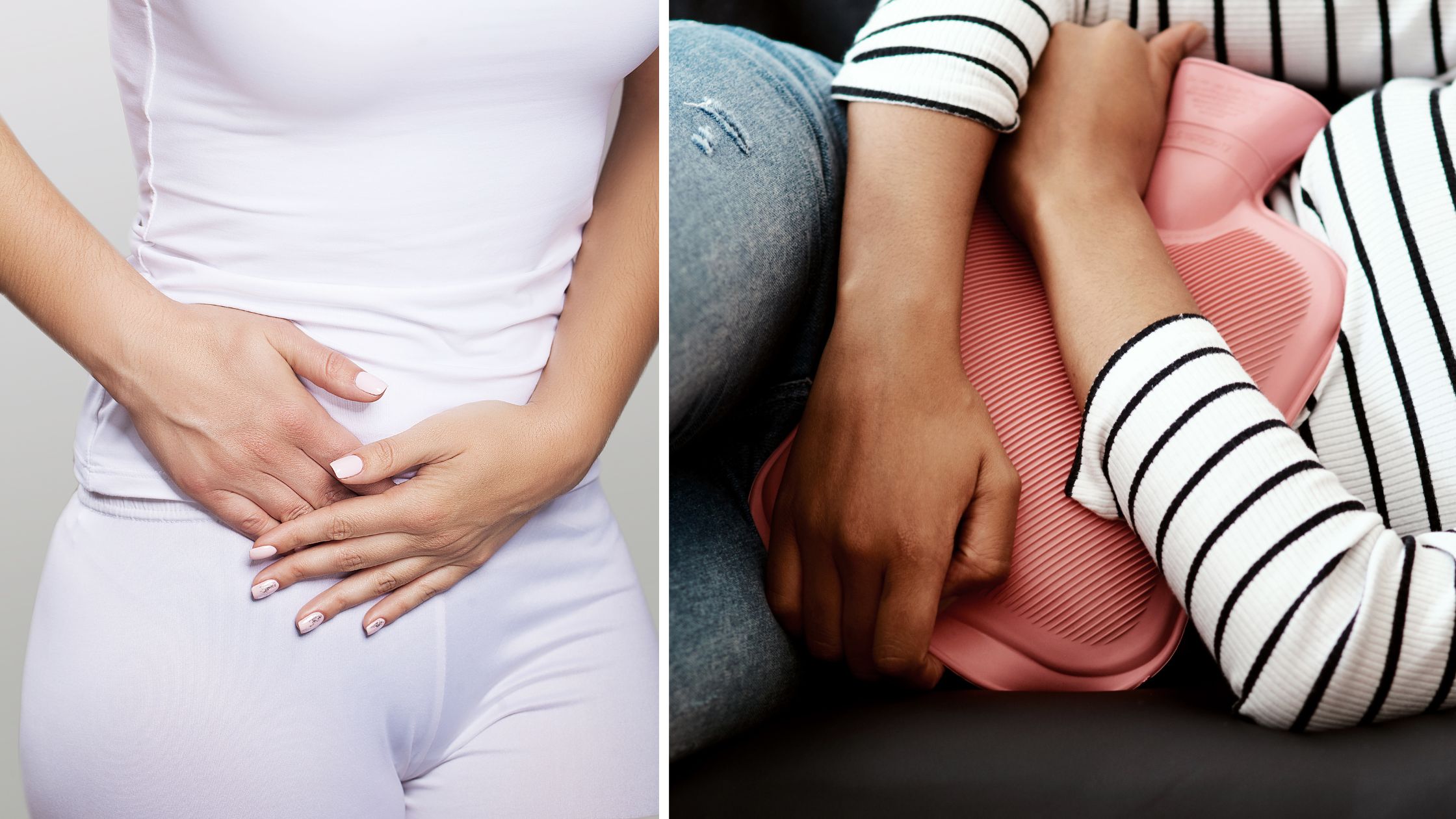Symptoms of Caffeine Sensitivity
Caffeine sensitivity happens when a person experiences an extreme adrenaline rush when they consume coffee or other caffeinated beverages. People with caffeine sensitivity may feel as if they’ve had too much coffee, even after a single cup. The whole truth is that the effects of caffeine can be hard to define since everyone’s body and individual tolerance levels are unique. Think you may have caffeine sensitivity? Here are 6 common symptoms that could be an indication of your caffeine sensitivities:
1. Insomnia or difficulty sleeping
Are you having trouble sleeping after drinking coffee? Insomnia is one of the most common symptoms of caffeine sensitivity. This can be caused by both consuming too much caffeine too close to bedtime and by having an overly sensitive body that responds dramatically to the stimulant.
2. Nervousness
People with caffeine sensitivity may find it difficult to keep their minds and bodies relaxed. They may experience anxiousness, restlessness, and even jitteriness after drinking coffee or other caffeinated beverages.
3. Heart Palpitations
If your heart races or skips a beat after drinking coffee, you may have caffeine sensitivity. Caffeine is a stimulant and can increase your heart rate and blood pressure. This, in turn, can lead to a feeling of “heart racing” or even occasional heart palpitations.
4. Digestive Issues
People who are overly sensitive to caffeine may experience digestive issues, such as upset stomach, nausea, and diarrhea. Caffeine can cause acid reflux, stomach cramps, and other digestive issues in some people.
5. Headaches
Headaches are another common symptom of caffeine sensitivity. Since caffeine is a stimulant, it can cause your blood vessels to constrict and cause headaches. Also, if you’re consuming too much caffeine, you may experience a form of withdrawal when you stop drinking coffee or other caffeinated beverages.
6. Bathroom urgency
Is your bladder sending you urgent messages after drinking coffee? People with caffeine sensitivity may experience a sudden need to use the restroom, even shortly after consuming a small amount of coffee. This can be caused by the diuretic effect of caffeine, which causes your body to produce more urine than usual.
7. Insensitivity to Caffeine
If you notice that drinking coffee is not giving you the same energy as it used to, this might mean that you are becoming resistant to caffeine. This happens when you drink coffee regularly, and your body builds up a tolerance to the stimulant, making it less effective.
How does one get rid of caffeine sensitivity?
In most cases, cutting back on caffeine intake is the best way to reduce caffeine sensitivity. Try limiting your daily coffee intake to one or two cups and see if that helps reduce your symptoms.
Also, drink lots of water (doctors recommend per a cup of coffee, you should take two cups of water) and get good quality sleep, and stay physically active. All of these things can help reduce your sensitivity to caffeine and make it easier for you to stay alert and energized throughout the day.
Article Sources
- Caffeine: How Long it Lasts, How Much & Withdrawals. Cleveland Clinic. https://my.clevelandclinic.org/health/articles/15496-caffeine-how-to-hack-it-and-how-to-quit-it
- Caffeine: How much is too much?. Mayo Clinic. https://www.mayoclinic.org/healthy-lifestyle/nutrition-and-healthy-eating/in-depth/caffeine/art-20045678

